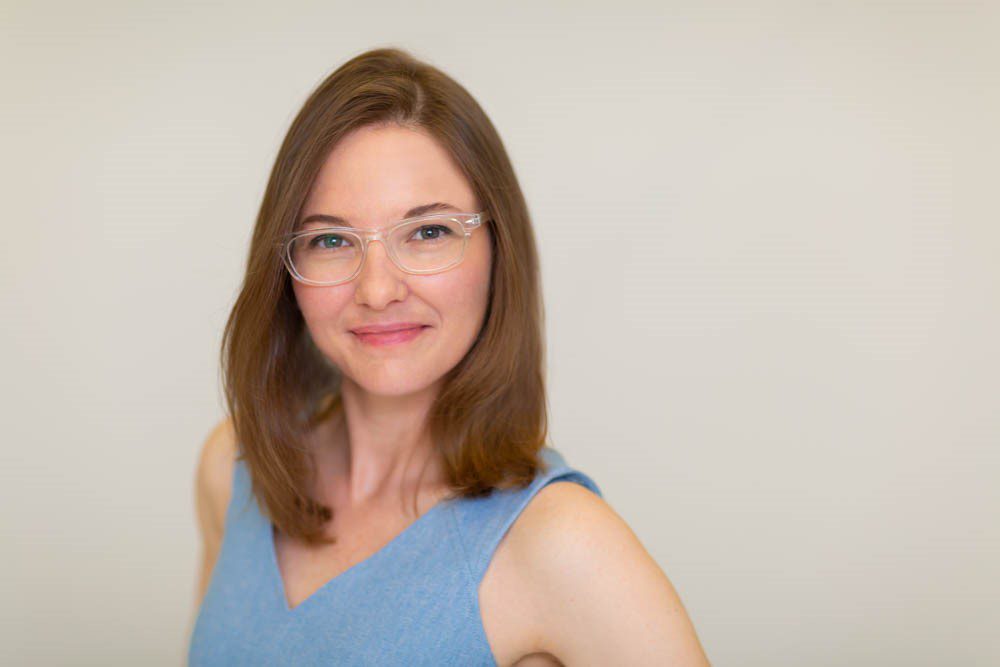New Taxpayer Clinic Helps Clients in Need

Visiting Assistant Professor and Clinic Director Amy Spivey
Wondering where your tax refund is or why you haven’t received your economic impact payment yet? You’re not alone. And now, thanks to the UC Law SF Low-Income Taxpayer Clinic, some taxpayers aren’t alone either, but are receiving help from tax law students.
The clinic was launched in January, currently has two summer interns, and has already helped more than 20 clients. Led by Visiting Assistant Professor and Clinic Director Amy Spivey ’13, it is prepping for July 15—the date when the IRS says it will resume its audit, lien, wage garnishment, and levy programs.
Spivey joined UC Law SF in February 2020 from the Justice and Diversity Center of the Bar Association of San Francisco, where she did similar work. She has focused on the tax controversy field since graduating from UC Law SF.
For a variety of reasons, she says, “clients are panicked.” Many couldn’t reach the IRS due to COVID-19 closures. Some didn’t receive stimulus checks because they didn’t file—or weren’t required to file—2018 or 2019 returns. Others have lost jobs and can’t afford to pay the 2019 taxes they owe. Some are fighting for modest refunds that the IRS is contesting. Under Spivey’s guidance, the clinic provides “full-scope representation” with help from UC Law SF alumni, volunteers, students, and other tax professionals. “For clients who owe the IRS, we try to find collection alternatives and wipe out penalties so that clients have a chance at a fresh start,” Spivey said. The clinic recently scored its first victory for one of its low-income clients, resulting in a long-overdue refund to be paid to the client.
The clinic is funded by a grant from the IRS’ Taxpayer Advocate Service, but operates independently. Spivey explained that the government knows tax controversies can resolve more smoothly when taxpayers have access to education and representation. In fact, the IRS increased UC Law SF’ grant when the pandemic hit, knowing that even more taxpayers would need assistance.
Clinic interns Mina Turan and Jose Meneses, both rising 2Ls. They took federal income tax course as 1Ls with Professor Heather Field and are considering careers in tax.
“The clinic has been a remarkable experience for me because I’ve been able to put some of the things I’ve learned into practice,” Meneses said. “As a low-income, first-generation student, I’ve always felt strongly about giving back to a community that I identify with. Hearing clients and their stories makes me think of the financial adversities that my family has experienced and is currently experiencing because of the pandemic. Being able to aid low-income clients in such a tumultuous time with their tax issues has been both satisfying and formative.”
Turan agreed. “In these times of great attention to longstanding social and economic injustices, it is important to use our skills to advocate for the people who need it most,” she said. “Working at the Taxpayer Clinic has allowed me to do just that. By utilizing the tools learned through class, we are working to make significant impacts on our clients’ lives.”
The clinic will be first offered as a seven-credit clinical course in the Fall 2020 semester. Students will attend a weekly seminar and spend 15 to 20 hours per week on client representation. Under Spivey’s supervision, they will serve as first-chair counsel in a wide variety of tax controversies with the possibility of representing clients in U.S. Tax Court as the court shifts to a virtual model to cope with the pandemic.
The clinic complements UC Law SF’ student-led Volunteer Income Tax Assistance (VITA) program. VITA offers free tax filing by IRS-certified student volunteers to people who generally make $56,000 or less, people with disabilities, and taxpayers with limited English-speaking skills who need assistance in preparing their tax returns.
The clinic also conducts regular outreach to inform and educate taxpayers. In a July 2 program sponsored by the San Francisco Public Library, Spivey will provide an update regarding the 2019 tax-filing deadlines with the IRS and Franchise Tax Board and explain why taxpayers may not have received their economic impact payments. A Q&A will follow her talk, accessible via Zoom. Learn more here.